The German Psychoanalytical Association
The German Psychoanalytical Association (DPV) is a single training institute of the IPA. We are recognised under German law as a non-profit organisation. The central training committee of the DPV delegates training functions to the training analysts in the 13 local institutions. The local institutes are in turn registered associations, with their own statutes. Members of the DPV work largely in private practice, but also in clinical and therapeutic institutions in which neurotic, psychosomatic and addiction disorders are treated as well as personality and psychotic disorders. In this way DPV members also make a further significant contribution to the psychotherapeutic care of the population, outside psychoanalytic practices. In recent years the DPV has increased its involvement in psychotherapy research, so that there is now extensive empirical evidence on the effectiveness of psychoanalytic psychotherapy. The DPV engages with the public on issues of culture and social theory, philosophy, art, literature, and history of film. We represent the cultural-critical approach to psychoanalysis and thus promote an understanding of the unconscious drives of social phenomena and changes, and we are in communication with cultural studies researchers.
An audio message from our president,
Valérie Bouville
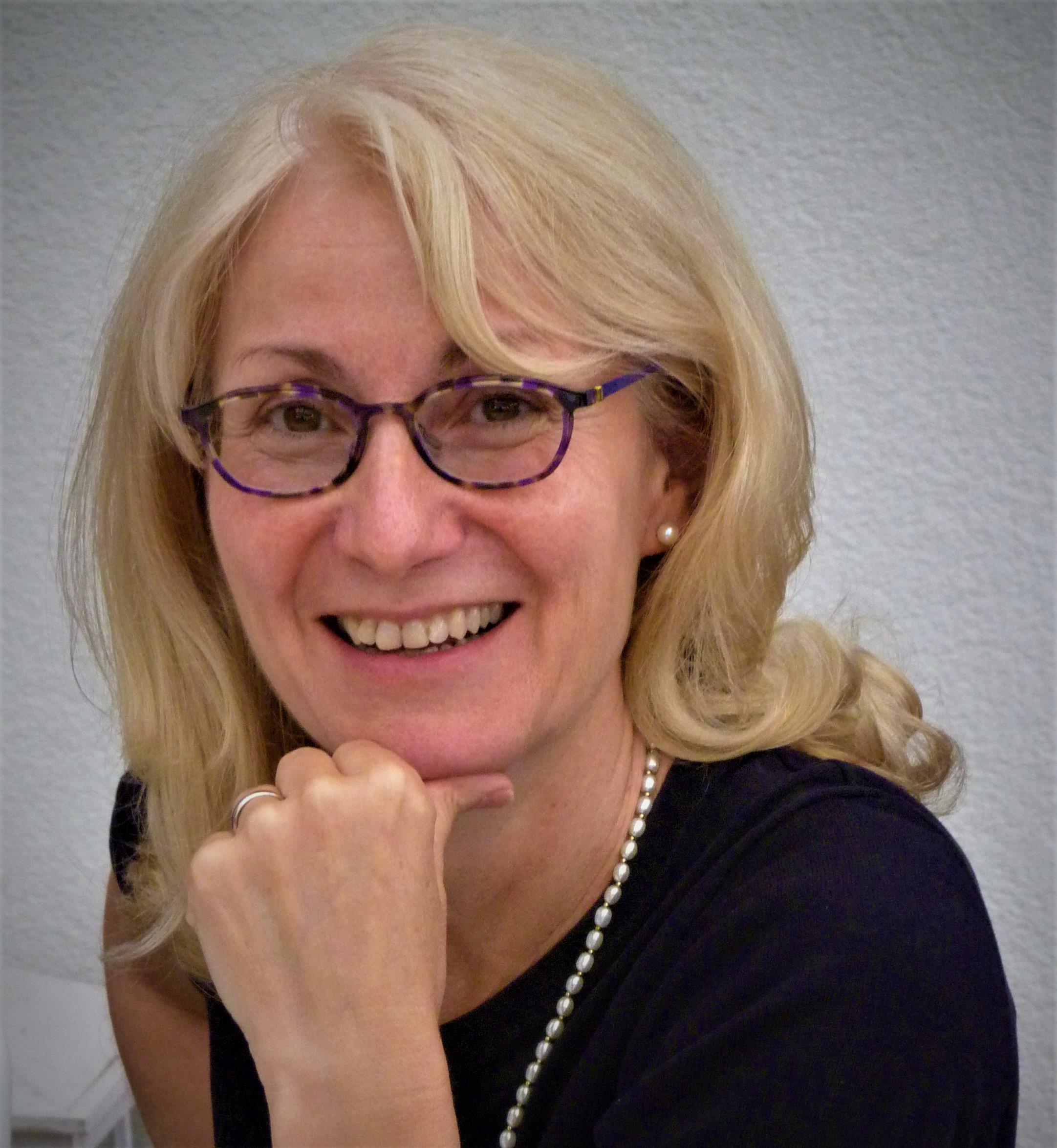
About the history of the German Psychoanalytical Association
Ludger M. Hermanns (Michael Krummacher: translation)
It was in 1908 when a number of individuals interested in psychoanalysis gathered around Karl Abraham in Berlin. Two years later, in 1910, the International Psychoanalytic Association was founded. A first psychoanalytic outpatient clinic opened its’ doors in Berlin in 1920, and the Frankfurt Psychoanalytic Institute was founded in 1929. The Berlin Psychoanalytical Institute looks back on a long history. With its close connection between practice and theory, teaching and research, it became the model for numerous other psychoanalytic institutes in Europe and America.
Psychoanalytic Institutes in Germany were part of the German Psychoanalytical Society. After the National Socialists came to power, the DPG board chaired by Max Eitingon was replaced in 1933. Felix Boehm became the new chairman, with Carl Müller-Braunschweig as his vice-chairman.
However, from 1933 onward, Psychoanalysis in Germany experienced deterioration and self-sabotage: Jewish members were pressured out of the German Psychoanalytical Society. Without protection, they were eventually forced to emigrate or faced persecution and murder in Nazi Germany. The German Psychoanalytical Society was dissolved in 1938. Meanwhile, a number of psychoanalysts continued to work in the German Institute for Research in Psychology and Psychotherapy known as the “Goering-Institute”. Among them was Harald Schultz-Hencke who gained influence with his theory on “Neoanalysis” apart from the International Psychoanalytic Association and in dissonance with common psychoanalytic theory.
Succeeding the German Psychoanalytical Society, the Berlin Psychoanalytic Society was founded in 1945. Soon after, a growing dissent between its’ chairman, Carl Mueller-Braunschweig, and a group of psychoanalysts adhering to Harald Schultz-Hencke’s “Neoanalysis” lead to the departure of the group around Mueller-Braunschweig from the society and the formation of the German Psychoanalytic Association. It identified with the heritage of Freudian psychoanalytic theory. With Carl Mueller-Braunschweig as president, the German Psychoanalytical Association was admitted as member organization to the International Psychoanalytic Association in 1951.
Since its’ founding, the Germany Psychoanalytical Association (DPV) has maintained close relationships with other psychoanalytic societies in Europe, the United States, and South America. Today, the German Psychoanalytical Association, the German Psychoanalytical Society (DPG), and the German Society for Psychoanalysis, Psychotherapy, Psychosomatics, and Depth-Psychology (DGPT) are joined together in a common effort to promote psychoanalysis among professional organizations, in the political arena and the process of policy making in Germany.
Valérie Bouville, president of the DPV
Maria Johne, outgoing president
Lisa Werthmann-Resch, incoming president
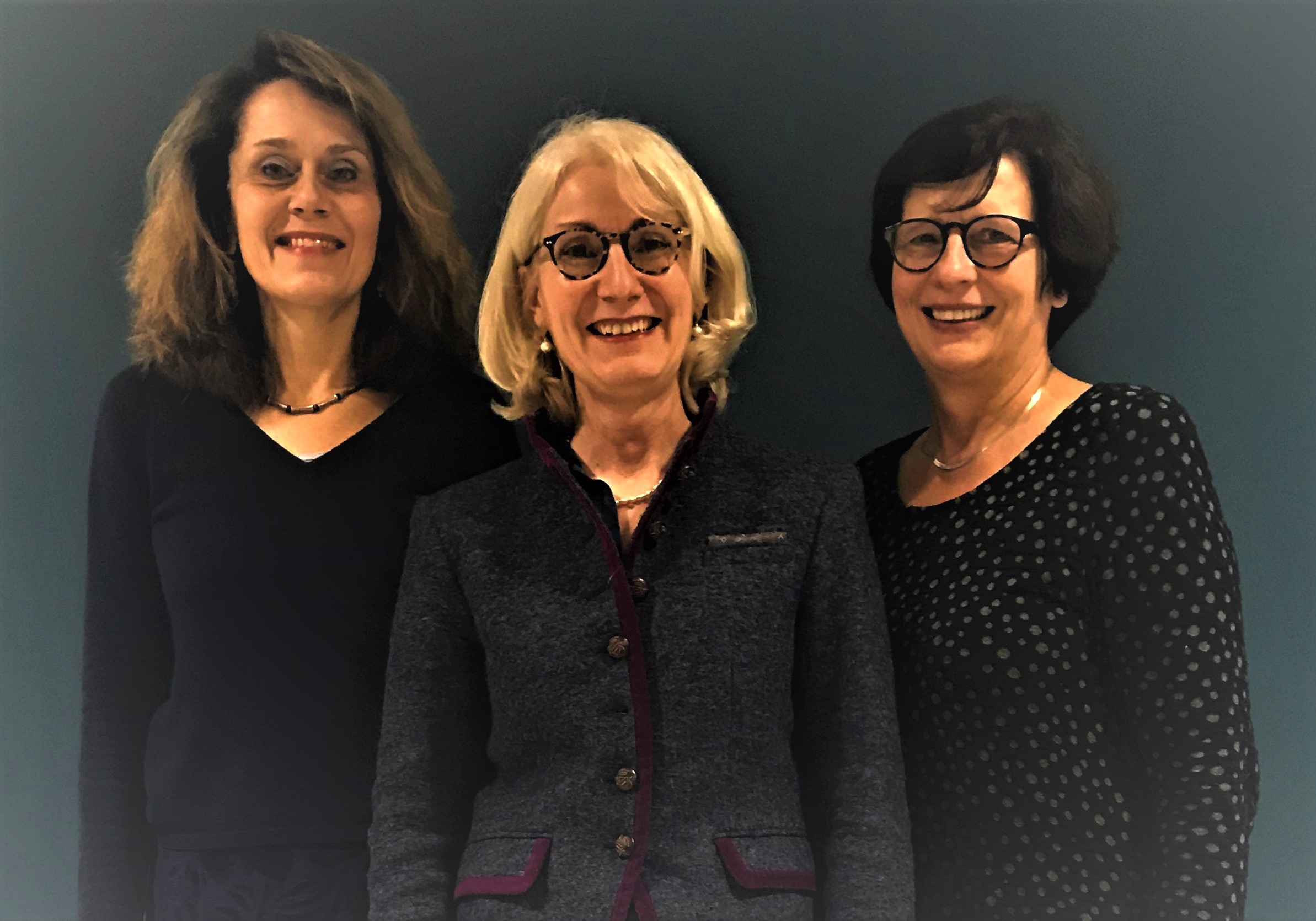
[pdf-embedder url=“https://onlinesupervisor.de/wp-content/uploads/securepdfs/2020/03/DPV-Saetze-ehemalige-Vorsitzende.pdf“ title=“DPV-Saetze ehemalige Vorsitzende“]
Our Head Office, Berlin
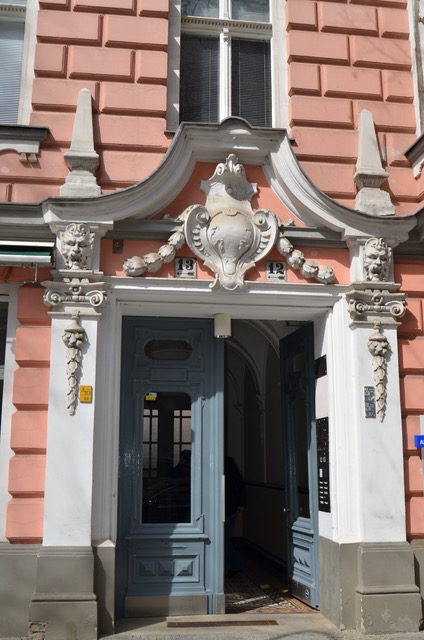
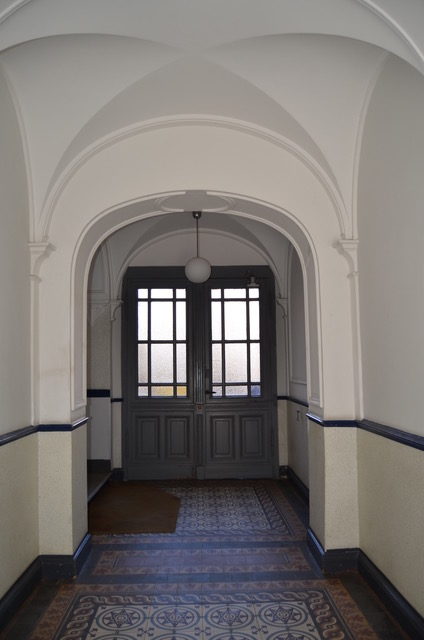
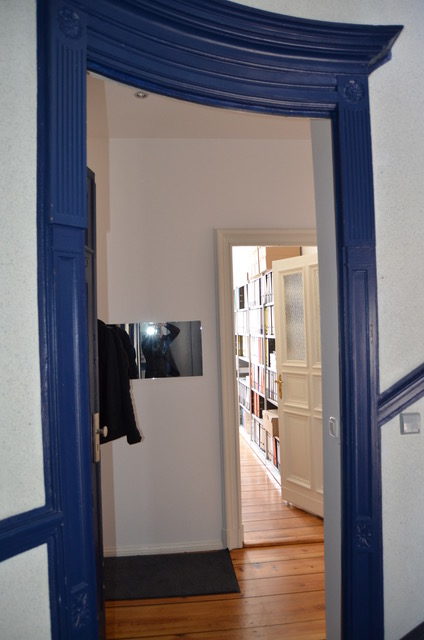
About our Training
Gerd Schmithüsen, Head of the Central Training Committee
The German Psychoanalytic Association (DPV) has, in order to organize and to control psychoanalytic education, installed a central education committee (zAA). This committee regulates and assures the observance of the educational standards, as they are proposed in the wide range of the IPA. This is organized in educational standards, that regulate admission, the process and content of education, graduation and specialisation.
Members of the central education committee (zAA) are training analysts who are nominated by the institutes and centres of the DPV and are voted by general assembly of DPV members for two years. Therefor the institutes and centres are present in the zAA and have a voice and vote. Representatives of the institutes and centres in zAA are at the same time representatives of the local education committees, responsible for the educational standards.
The education as „Psychoanalyst (DPV/IPA)” takes place in the local institutes. Because there is a law concerning the practice of psychotherapy all DPV institutes have a governmental recognition to educate psychologists according to the law and to educate medical doctors according to the regulations of the medical associations.
At the moment there are about 270 persons (medical doctors, psychologists and some persons from other academic roots) in psychoanalytic education in the DPV.
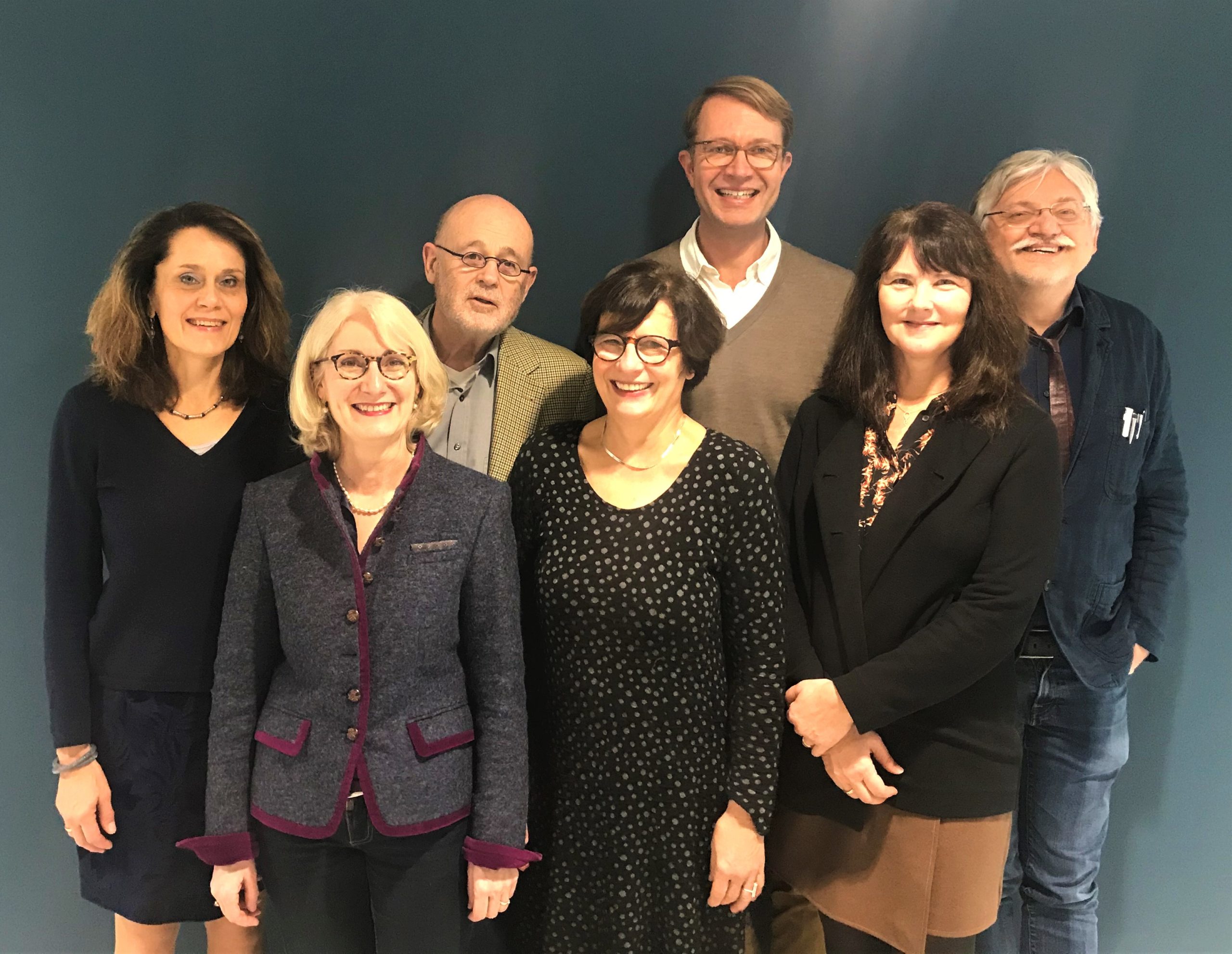
The DPV board, from left to right: Lisa Werthmann-Resch (incoming president), Valérie Bouville (president), Gerd Schmithüsen (head of central training committee), Maria Johne (outgoing president), Michael Krummacher (treasurer), Andrea Rutsch (scientific secretary), Burkhard Brosig (assistant head of the central training committee)
[pdf-embedder url=“https://onlinesupervisor.de/wp-content/uploads/securepdfs/2020/03/DPV-Saetze.pdf“]
Research within the DPV
Marianne Leuzinger-Bohleber, Chair of the Commission for University and Research of the DPV
As is well known, research in psychoanalysis has evoked controversial discussions within and outside the psychoanalytical community from the very beginning. Within the German Psychoanalytic Association (DPV) many psychoanalysts felt a polarization between the socially critical "Mitscherlich tradition" at the Sigmund-Freud-Institute in Frankfurt or in Giessen (represented by Horst Ebenhard Richter) and the research activities in Ulm, which were perceived as positivistic even after their own differentiated description of their own epistemological position (represented by Helmut Thomä and Horst Kaechele) until the 1980th. It is therefore all the more surprising that the DPV was the first (and as far as we know so far the only) psychoanalytical society to decide in the 1990s to respond to the political attack by Klaus Grawe and other Freud bashers with an own study, which empirically investigated a representative sample of all patients who had completed their psychoanalyses and psychoanalytic long-term treatments with DPV analysts between 1990 and 1993, the so-called DPV Follow-Up Study. 402 former patients were investigated with a combination of quantitative and qualitative methods. At that time, it was crucial for the acceptance within the membership that the methods took into account the epistemiological and sociological concerns of many clinicians, for example, did not influence the ongoing treatments and applied genuine psychoanalytical methods. The combination of psychoanalytical and non-psychoanalytical research methods proved to be convincing, one reason why the summary of the study was selected as the best publication of the International Journal of Psychoanalysis in 2003 (cf. Leuzinger-Bohleber et al, 2003).
It is interesting from a scientific-historical and sociological point of view that in the DPV the comparative LAC Depression Outcome Study, which had to apply a much more rigid methodological approach in order to meet all the criteria of evidence-based-medicine (prospective study, randomization of patients, manualized treatments etc.) would not have been possible without the Follow-Up study in the 1990th. Only the concrete experiences with the Follow-Up Study had convinced many clinicians of the DPV that an outcome study that tries to correspond to the criteria of evidence-based-medicine does not lead to a destruction of psychoanalytic treatments, but can represent a space in which the outcome of psychoanalysis can be looked at from many different (even epistemological) perspectives.
Beyond these studies, the acceptance for (empirical) research at the DPV has been successively extended by keynote lectures, research forums at each conference, a poster session (with poster prize) and public events (see video recording on the DPV website). In addition, the concrete participation in the DPV results study as well as the LAC study proved to be central, also for the promotion of young scientists (see also the DPV Foundation's prize for young scientists, the support of doctorates and postdoctoral theses by members of the Commission for University and Research and the very successful Summer University at the University of Frankfurt). The DPV Summer School (until 2015) was discontinued in favor of the participation of candidates in the Research Training Program of the IPA (Chairs: Bob Emde, John Clarkin) and the international Sandler Research Conferences (responsible M.Leuzinger-Bohleber, Vice Chair of the Research Board of the IPA).
Another international activity of DPV members is the continuous revision of the OPEN DOOR REVIEW (eds: M.Leuzinger-Bohleber, H.Kaechele), which can be downloaded from the IPA website (see www.ipa.world.
Finally, it should be mentioned that many DPV members are very actively involved in the existential struggle for the preservation of psychoanalysis at the Universities in connection with the current implementation of the revision of the psychotherapeutic law in Germany, a struggle in which research and young academics in psychoanalysis play a decisive role. This struggle, which might be essential for the future of psychoanalysis in Germany, it pays off that the DPV has been increasingly open to research for decades.
Leuzinger-Bohleber, M.; Stuhr, U.; Rüger, B.; Beutel, M. (2003): How to study the 'quality of psychoanalytic treatments' and their long-term effects on patient's well-being. A representative, multi-perspective follow-up study. The International Journal of Psychoanalysis 84: 263-290
Leuzinger-Bohleber, M.; Arnold, S. Kächele, H. (Eds) (2019): An open door review of outcome and process studies in psychoanalysis, ongoing editions. IPA Website
Leuzinger-Bohleber, M., Hautzinger, M., Fiedler, G., Keller, W., Bahrke, U., Kallenbach, L., ... & Küchenhoff, H. (2019). Outcome of psychoanalytic and cognitive-behavioural long-term therapy with chronically depressed patients: a controlled trial with preferential and randomized allocation. The Canadian Journal of Psychiatry, 64(1), 47-58.
Leuzinger-Bohleber, M., Kaufhold, J., Kallenbach, L., Negele, A., Ernst, M., Keller, W., ... & Beutel, M. (2019). How to measure sustained psychic transformations in long-term treatments of chronically depressed patients: Symptomatic and structural changes in the LAC Depression Study of the outcome of cognitive-behavioural and psychoanalytic long-term treatments. The International Journal of Psychoanalysis, 100(1), 99-127.
Leuzinger-Bohleber,M:, Solms, M., Arnold, S.E. (Eds): (2020): Outcome Research and the Future of Psychoanalysis. Clinicans and Researchers in Dialogue. London. Routledge.
Actual activities
The summer university psychoanalysis
Martin Teising, former president of the DPV
The Summer University Psychoanalysis exists since 2008. It is a project of a committee founded by the board of the German Psychoanalytic Association (DPV). The committee is cooperating with the local institute of psychoanalysis in Frankfurt, the Sigmund Freud Institute, and the University of Frankfurt. The one-week course is directed at those who are interested in finding out about current topics in psychoanalysis, undertaking training or further training in psychoanalysis, or making use of psychoanalytical insights in their work. The aim of the DPV is to increase the number of candidates seeking psychoanalytic training.
The Summer University gives basic knowledge of psychoanalysis and will provide comprehensive information about current psychoanalytical theories. We will give an introduction to the developmental stages of human life and we want to explain psychoanalytical methods and approaches with the help of case studies. Insights into psychoanalytical social and cultural theory will be provided. We want to make clear that psychoanalysis has a decisive contribution to make to answering the burning questions of the day.
Classes at the Summer University are given by university lecturers in psychoanalysis, and experienced and well-known lecturers at psychoanalytical training institutes. In 2020 we will have the 13th course with about 300 participants. This number of participants is constant over the last years. The fees for participants are 190 €, for students 95 € for one week. This is possible because of the engagement of many colleagues who contribute voluntarily and create an atmosphere of enthusiasm.
The DPV Summer University was the first in Europe. Meanwhile there are different copies of summer universities of psychoanalysis in many countries. The EPF offers EPCUS, the European Psychoanalytic Conference for University Students, since 2016 and the IPA organized a students programme at the London congress 2019 for the first time. The EPCUS conference as well as of the IPA students programme was inspired by the DPV Summer University.
psychoanalyse-aktuell, the online journal of the DPV
Helga Kremp-Ottenheym, editor, and member of the Public Relations Committee
Visit www.psychoanalyse-aktuell.de where you will find an online journal of the DPV - the German Psychoanalytical Association. A few years ago, members of the association realised that psychoanalytic thinking and perspectives have become increasingly absent in public debates in the fields of culture, society and politics. As an attempt to compensate this deficit, they had the idea to reach out to the public themselves by founding a psychoanalytical online journal.
As a medium accessible to all interested users, the online journal is aimed at psychoanalytic laymen and psychoanalysts alike. It is structured in the same way as it is usual for feature pages of newspapers and contains reports on the following areas: psychoanalysis and science, clinical research and practice, developmental issues, politics and society, culture and media, book reviews and a section for letters to the editor (especially those not published in the print media). The readers have the possibility to write comments on the published articles. The online journal wants to ensure that psychoanalytical reflection finds its rightful place within clinical work and society.
Lisa Werthmann-Resch (incoming president)
Svenja Boysen, Michael Koenen, Hans-Geert Metzger, Sönke Behnsen (Public Relations Committee)